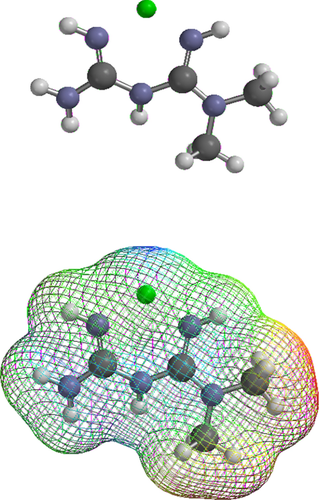Coordination chemistry suggests that independently observed benefits of metformin and Zn2+ against COVID-19 are not independent
Abstract
Independent trials indicate that either oral Zn2+ or metformin can separately improve COVID-19 outcomes by approximately 40%. Coordination chemistry predicts a mechanistic relationship and therapeutic synergy. Zn2+ deficit is a known risk factor for both COVID-19 and non-infectious inflammation. Most dietary Zn2+ is not absorbed. Metformin is a naked ligand that presumably increases intestinal Zn2+ bioavailability and active absorption by cation transporters known to transport metformin. Intracellular Zn2+ provides a natural buffer of many protease reactions; the variable “set point” is determined by Zn2+ regulation or availability. A Zn2+-interactive protease network is suggested here. The two viral cysteine proteases are therapeutic targets against COVID-19. Viral and many host proteases are submaximally inhibited by exchangeable cell Zn2+. Inhibition of cysteine proteases can improve COVID-19 outcomes and non-infectious inflammation. Metformin reportedly enhances the natural moderating effect of Zn2+ on bioassayed proteome degradation. Firstly, the dissociable metformin–Zn2+ complex could be actively transported by intestinal cation transporters; thereby creating artificial pathways of absorption and increased body Zn2+ content. Secondly, metformin Zn2+ coordination can create a non-natural protease inhibitor independent of cell Zn2+ content. Moderation of peptidolytic reactions by either or both mechanisms could slow (a) viral multiplication (b) viral invasion and (c) the pathogenic host inflammatory response. These combined actions could allow development of acquired immunity to clear the infection before life-threatening inflammation. Nirmatrelvir (Paxlovid®) opposes COVID-19 by selective inhibition the viral main protease by a Zn2+-independent mechanism. Pending safety evaluation, predictable synergistic benefits of metformin and Zn2+, and perhaps metformin/Zn2+/Paxlovid® co-administration should be investigated.


 求助内容:
求助内容: 应助结果提醒方式:
应助结果提醒方式:


